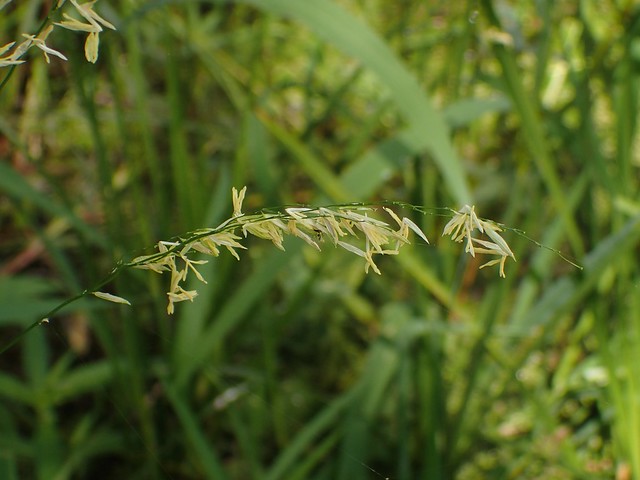Yesterday I learnt an interesting phrase in French – semer la zizanie, which means to stir up ill-feeling, to mess around/about, to drive a wedge (between) or to wreak/raise havoc [source].
The word semer means to sow, spread, scatter, lose or shake off. You can also semer le doute (cast doubts), semer la panique (spread panic) or semer la discorde (sow/seed discord, foster division) [source].
It comes from the Latin sēmināre (to sow), from sēminō (I plant, sow), from sēmen (seed, graft, offspring, cause), from the Proto-Italic *sēmen (seed), from the Proto-Indo-European *séh₁mn̥ (seed), from seh₁- (to sow, plant). English words from the same roots include season, seed, seminar and sow [source].
Zizanie means discord or ill-feeling, and comes from the Latin zīzania (tares, cockle), from zizā̆nium (tares, cockle, darnel, jealousy, discord), from the Ancient Greek ζῐζᾰ́νῐον (zizánion – darnel, ryegrass), from the Aramaic זזניא, from the Sumerian 𒍣𒍝𒀭 (zizān – wheat) [source].
Words from the same roots include زِوَان (ziwān – darnel, ryegrass) in Arabic, zizzania (darnel, tare, discord) in Italian, and cizaña (darnel, tare, dissension, enmity) [source].
Tare is a vetch or any of the tufted grasses of genus Lolium [source]. Darnel is a species of ryegrass of the genus Lolium temulentum [source], and cockle is another name for the same plant [source].
Incidentally, the word wreak, which only appears in the phrase to wreak havoc (to cause damage, disruption or destruction), and a few other phrases, means to cause harm, afflict, inflict, harm, injure; to chasten, chastise, punish, smite, and used to mean to inflict or take vengeance on, or to take vengeance for [source].

